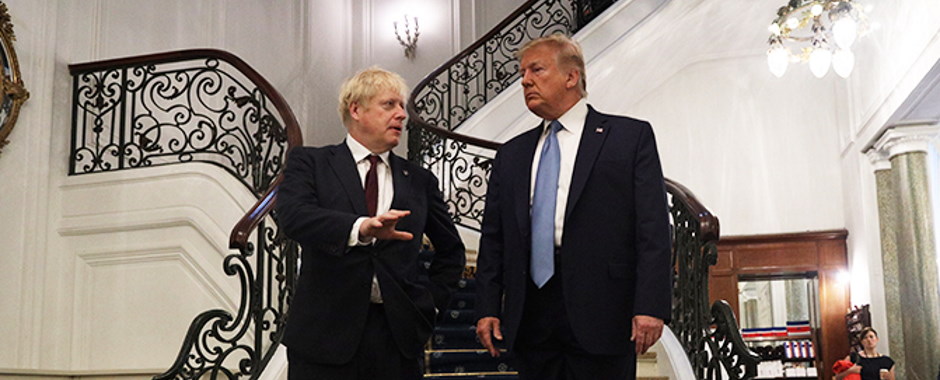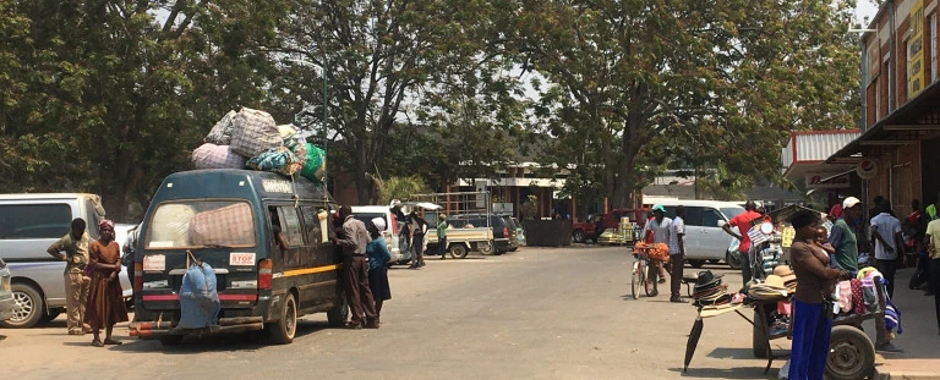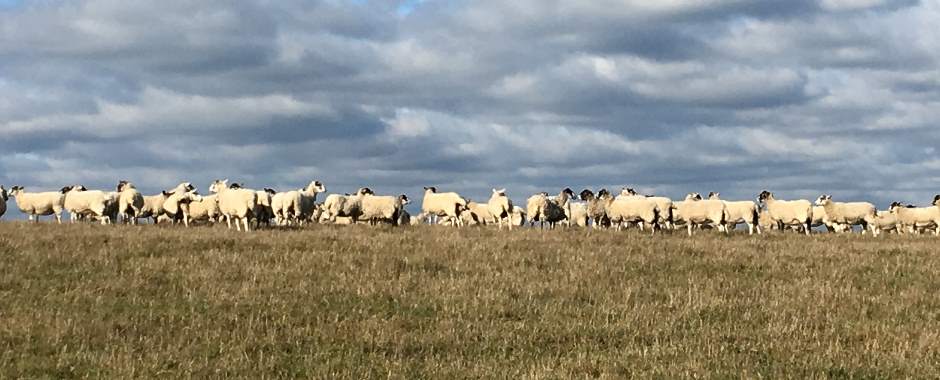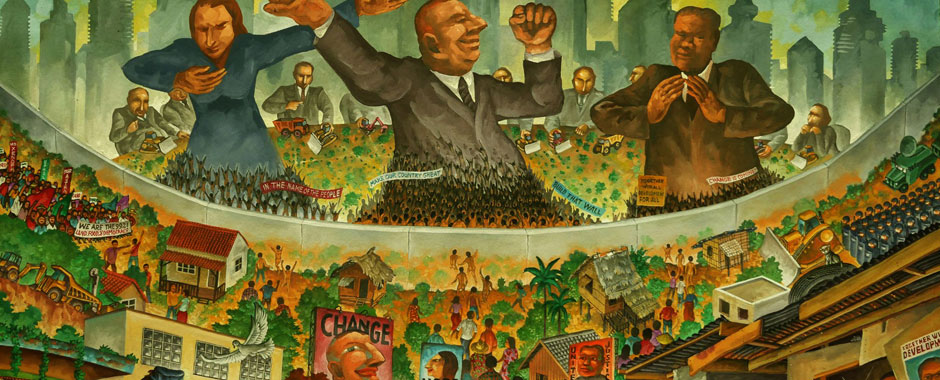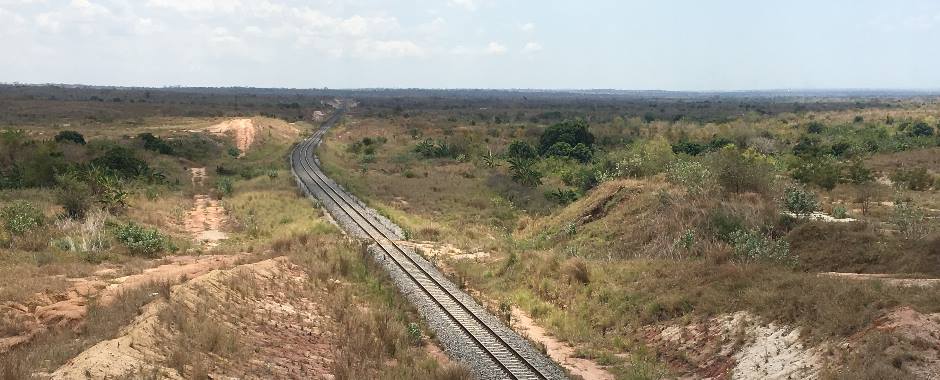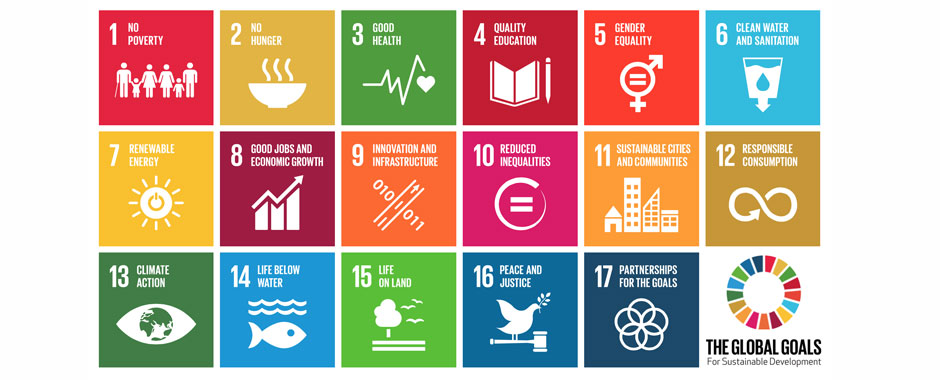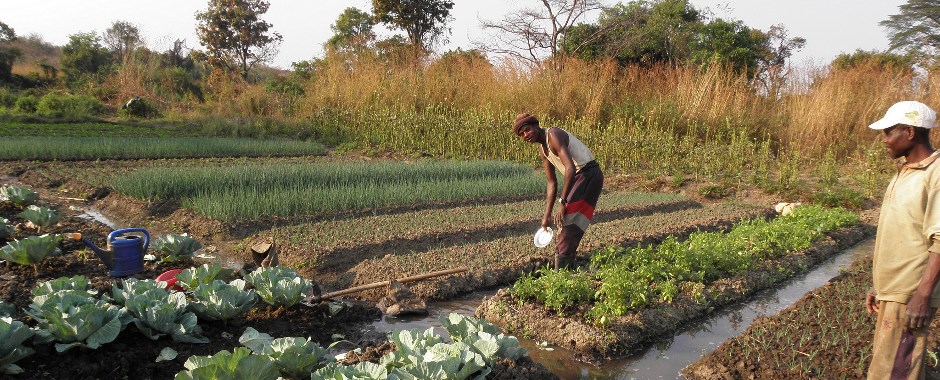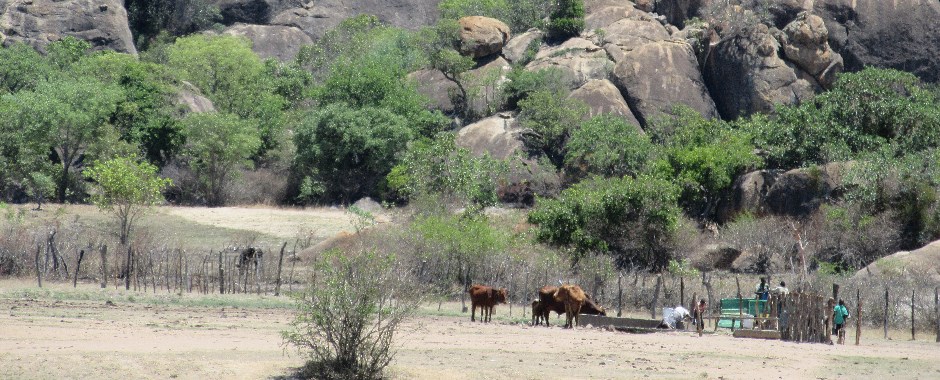The rise of authoritarian populism continues. Now the UK has a fully signed-up version in its new right-wing government, with allies in Trump, Modi, Bolsarano, Orban and others. It is…
Rural support for authoritarian populism is strong – but another way is possible
Uncertainty and the Zimbabwean economy
Over the last month there have been a number of reviews of progress – or the lack of it – since the ‘coup’ of November 2017 (see, for example, a…
Responding to uncertainty: who are the experts?
Uncertainties are everywhere, part of life. But how to respond? Who are the experts? These are questions that we are debating this week at a symposium entitled ‘The Politics of Uncertainty:…
Why radical land reform is needed in the UK
Half of the land is owned by 1% of the people. Getting information on who owns what land is nigh on impossible. Tax arrangements favour land speculation. Ordinary people cannot…
Turning the populist tide
The last week has seen major gains for nationalist, populist parties in elections, both in Europe and India. Is this the end of the centre-ground consensus? What are the alternatives?…
The Chinese Belt and Road Initiative: what’s in it for Africa?
The huge Belt and Road Initiative (BRI) Forum recently concluded in Beijing. 37 heads of state attended, along with droves of policy advisors and numerous thinktanks and research institutes, including…
Realising the SDGs: why a sustainable livelihoods approach can help
The Sustainable Development Goals (SDGs) were launched with great fanfare in September 2015. This was an ambitious agenda for the whole world, aiming to transform development towards sustainability, while leaving…
Irrigating Africa: can small-scale farmers lead the way?
by Ian Scoones, Felix Murimbarimba and Jacob Mahenehene We often hear that irrigation in Africa is too limited, and that the key to a “green revolution” on the continent is…
Five problems with ‘integrated assesment’ models, and what to do about them
What are the most appropriate ways of understanding changes in natural resource change in rural areas, particularly in the context of climate change? How can we make use of data…
Learning from crises: state-citizen relations in the time of cholera
The cholera outbreak in Zimbabwe in 2008 was the worst ever recorded in Africa. There were nearly 100,000 infections and some 4,300 deaths. The disease swept through the crowded urban…
